Coronavirus doctor's diary: Will vaccine sceptics make trials a headache?
- Published
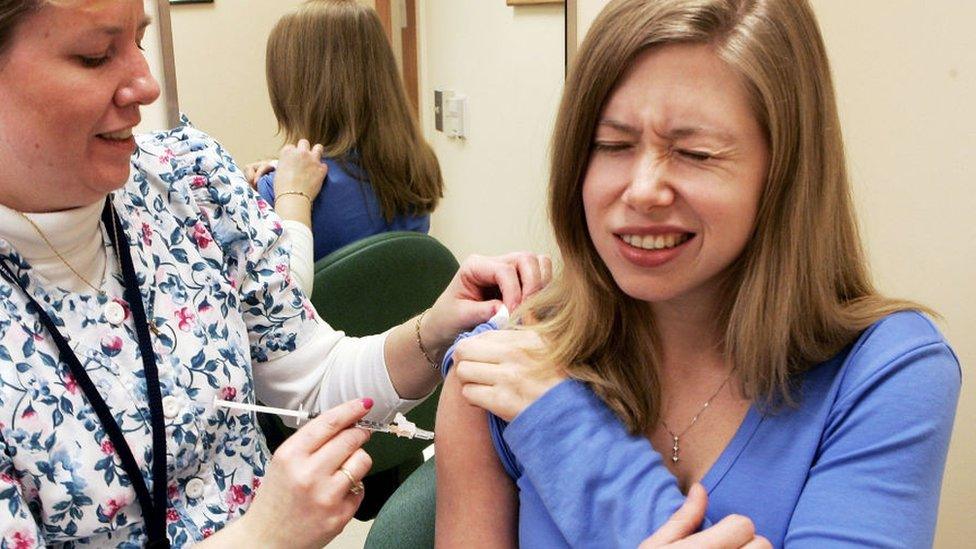
It will soon be critical for the NHS to start vaccinating people against flu, to prevent hospitals being swamped with flu and Covid-19 patients this winter. Large-scale trials of Covid-19 vaccines, already under way in some places, are likely to start in Bradford in the autumn. It's therefore worrying, says Dr John Wright of the city's Royal Infirmary, that anti-vax conspiracy theories seem to have flourished in this pandemic.
The numbers of hospital patients continue to slowly decline, almost down to single figures this week. There is great relief in the hospital, tempered by the inevitability of a further spike of infection. We know of the warning from Game of Thrones - winter is coming - and never before has that phrase been so ominous. The prediction of a second wave of Covid-19 in January, with the added layer of an influenza epidemic, is our worst fear. So we will be working hard to make sure we vaccinate as many people for flu as we can in the autumn.
The race for an effective Covid-19 vaccine continues at pace. Over 130 candidate vaccines have now been developed and more than 30 are in clinical trials, with some showing promising early signs.
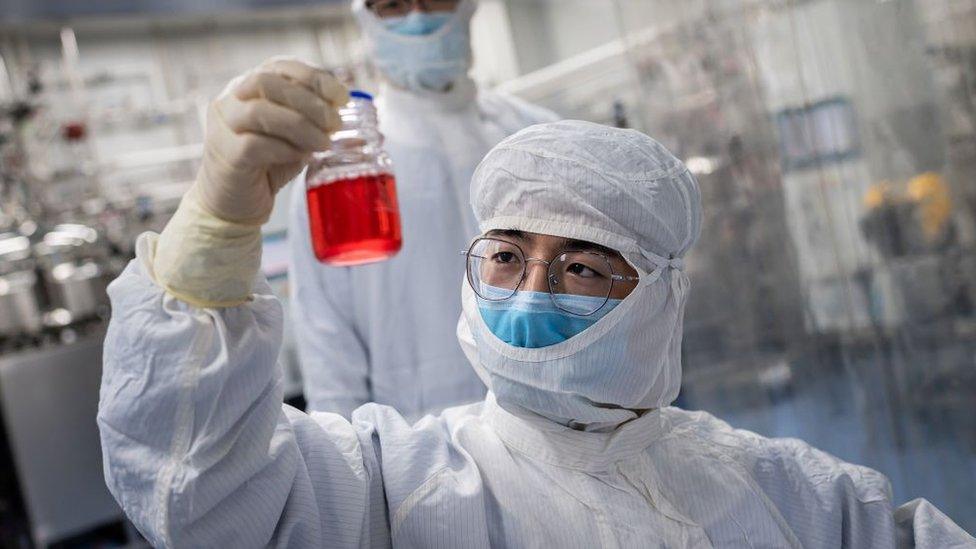
At the Bradford Institute of Health Research we are one of just five national centres for patient recruitment to clinical trials, and have lots of expertise with testing new drugs. However vaccine trials are a completely different ball game. Rather than trialling new drugs on a small number of patients with specific diseases we will be testing new vaccines on hundreds and thousands of healthy volunteers. We have been exploring how we could use sports centres or community halls to recruit these volunteers, and how we can scale up our research teams to cope with the numbers.
We have been preparing for two different vaccine trials, only for the companies to pull them from the UK at the last minute and move them to the Americas. The pandemic fires have been dampened in Europe, but in the US and Latin America they continue to rage, and if you are going to test a new vaccine you need countries where the virus is still accelerating.
But despite these two false starts, there will be further trials of other candidate vaccines.
It's therefore important to win the support of the public so that they sign up to these new trials, and to do that we need to counter some of the growing false news stories we are hearing on our community grapevines, which are leading people to believe that the vaccines are harmful.

Front line diary
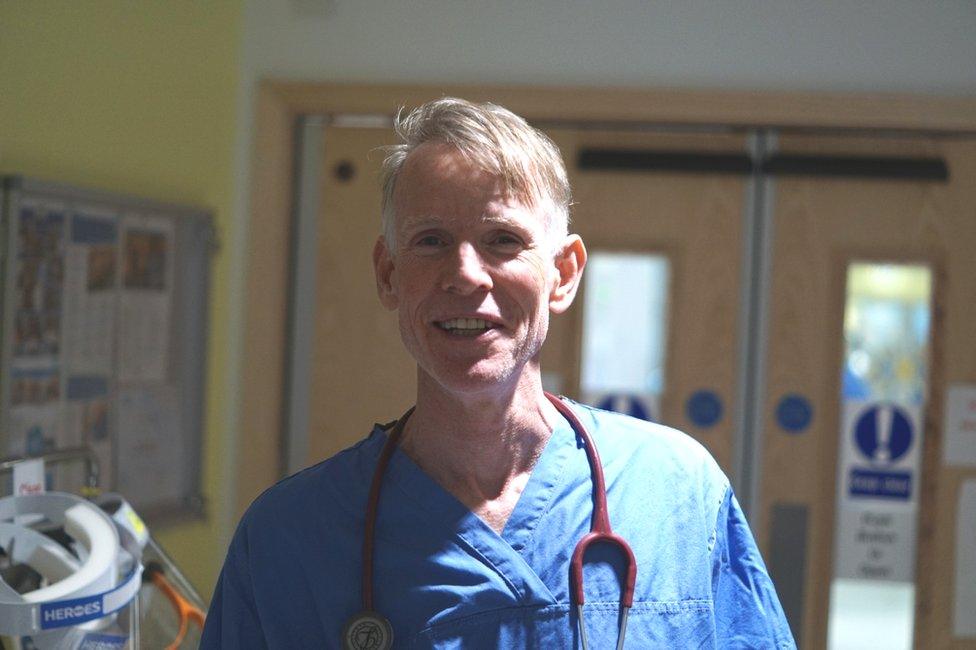
Prof John Wright, a doctor and epidemiologist, is head of the Bradford Institute for Health Research, and a veteran of cholera, HIV and Ebola epidemics in sub-Saharan Africa. He is writing this diary for BBC News and recording from the hospital wards for BBC Radio.
Listen to the next episode of The NHS Front Line on BBC Sounds or the BBC World Service
Or read the previous online diary entry: So, did the Bradford choir have Covid in January?

I wrote before about the abusive messages sent to one of our consultants, Fozia Hayat, who was accused of having blood on her hands when she tried to rebut the idea that hospitals leave patients from ethnic minorities to die. A conspiracy theory circulating in Bradford, which says that Bill Gates is using vaccines to implant microchips in patients, was aired on the news in Pakistan, she has learned. It appears these ideas are spreading nationally and internationally on social media.
Listen to Fozia Hayat investigating Covid fake news in My Name is Fozia on BBC Radio 4 at 11:00 on Monday 27 July
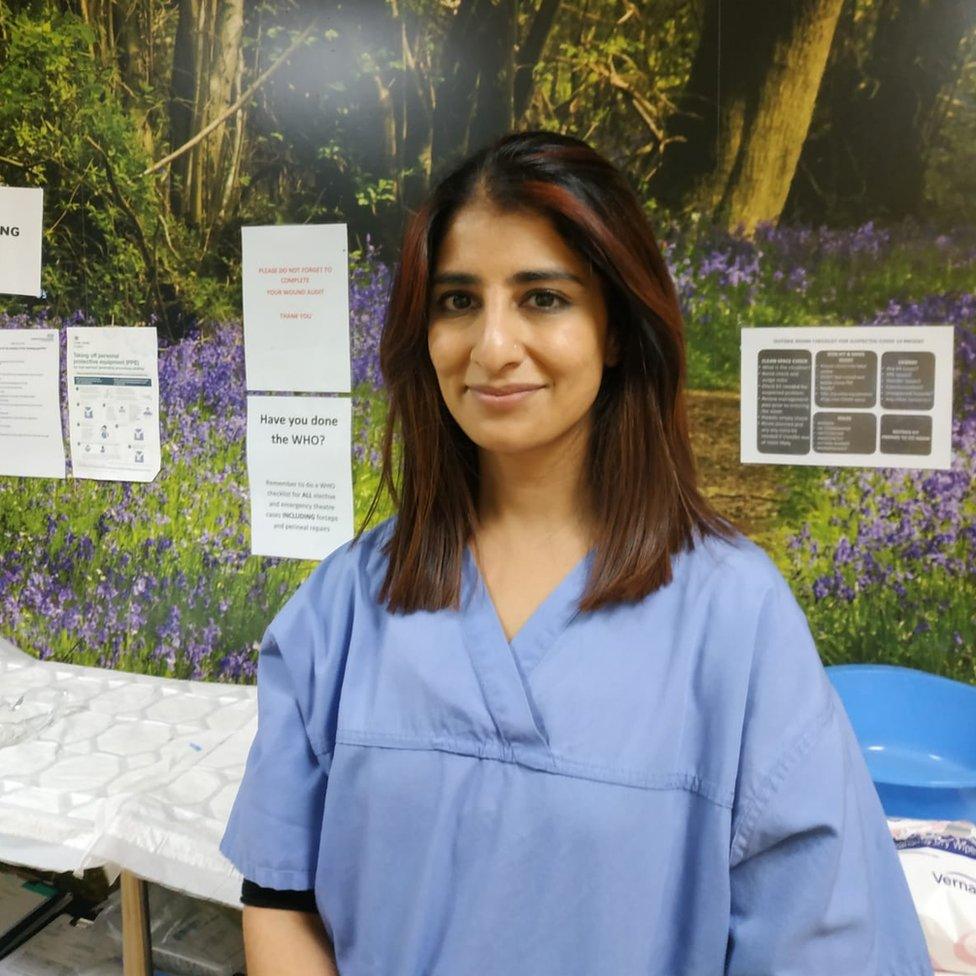
Fozia Hayat
I have also written about Mohammed Azeem, a young man who delayed coming to hospital until he was at death's door because he believed the myth that ethnic minority patients never leave the wards alive (though thankfully he did, after 48 days in intensive care).
Here are some more examples of the problems we are up against.
Refusing antibody tests
In Bradford we recruited 12,500 pregnant women into a cohort study between 2007 and 2010, and have been monitoring the health of their children ever since. We have started to offer some of them antibody testing, and have been picking up on ideas such as, "You're putting a microchip in us," or "This is all a plot." This is clearly something we need to understand and deal with ahead of the vaccine trials.
'Everything seems to be a big lie'
A healthcare assistant in the hospital, who doesn't want to be named, has seen Covid patients on the ward - but she still believes many of the conspiracy theories online. She doesn't watch any mainstream media reports. "I follow people who I believe know what they are talking about... I don't need to check them out, I get a gut feeling - I think more than anything that there's a big lie in the world. At the moment everything seems to be a big lie. Nobody knows what's true and what's not."
'Things will be hidden in the vaccine'
Giselle Rwegema, a TB nurse at St Luke's Hospital in Bradford, does volunteer work with East African refugees and says many believe that the vaccine is "a way of getting rid of black people". A video that claimed the vaccine would be trialled on very poor people in Africa was shared by millions, she says.
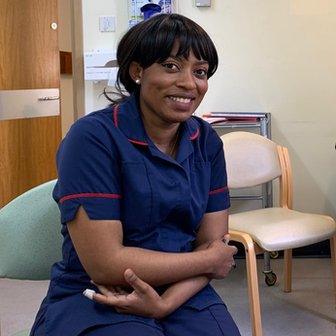
Giselle Rwegema is able to get through to some vaccine sceptics, but not all
"What they're saying is that people go to hospital, and they don't come back. I work in healthcare and I know it's not true, it's just trying to convey that to people. Some understand it, but there are still others that are still not getting it." A young mother in Giselle's group, Corrine, is adamant that she won't take a vaccine even if it has been declared safe and effective: "No, definitely not. Because obviously, me being black and everything that we know about the work that's going on to just take a black number down - that's been going on for years and I wouldn't take it just based on that, because there are so many things that will be hidden in the vaccine."
'What lethal injection did you give him?'
Accident and Emergency ward sister Emma Clinton describes an Asian man in his early 60s who was afraid to come into hospital, and was already dying by the time his family called an ambulance. "He died in the department within about an hour. And then of course the family were absolutely distraught. The son was saying, 'What lethal injection did you give him? How has he died? Have you killed him?'" As A&E consultant David Greenhorn says, once that question has been asked, it's impossible to turn the situation around. "If they must mistrust you enough to ask you that question directly, then the trust has already gone and you don't have the time to spend to develop it. You could never rebuild things, there's no way of building that bridge."
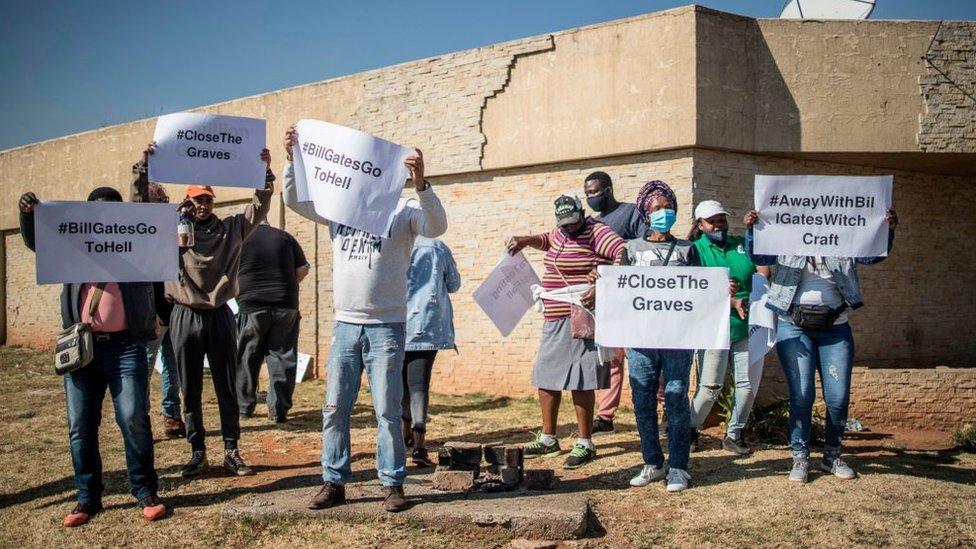
Anti-vaxers protesting in South Africa
Previously I thought that everybody would want a vaccine if we can show that it works, but now I fear I underestimated how suspicious people are. I'm not sure what we can do about it, but part of it is about trying to understand the reasons for these views.
Rather than just shouting from the hospital, "It's OK, everything's fine," we need to understand where these rumours and false news stories are coming from, then we must work out how to counteract them. And I think that's a long-term journey.
One plan we've had is to get some of our Covid patients, who have already had good experiences in hospital, to be ambassadors - patients from the communities that are most suspicious. That work has already begun in pre-publicity for the vaccine trials.
Follow @docjohnwright, external and radio producer @SueM1tchell, external on Twitter